Should You Eat Less on Rest Days?

The golden rule of weight loss is that you MUST be in a calorie deficit.
There aren’t any arguments that can be made there.
If you do want to debate that point, I’m not the person you should speak to.
You need to take that up with literal science 😂
Considering nutrition is the main character of your calorie deficit movie (there’s no out-exercising a poor diet), you need to make sure your diet’s in order if you want to actually see results.
And that gets you thinking…
Well, should I be eating less on rest days?
I mean…
You’re not working out or burning any calories so it kind of makes sense to cut back on how much you eat.
In this post, we’ll be addressing your rest day nutrition.
But first…
Are rest days necessary for weight loss?
Ab.
So.
Lutely.
But that might not be how you’re currently looking at things.
Tell me if this is you…
Your mindset for weight loss is that more = better.
You think to yourself:
If I do more exercises and more reps, I’ll build more muscle.
If I workout for longer, I’ll see better results.
A recovery day is just a day when I’m not making any progress.
More, more, more.
Seems logical.
The more you do something, the greater the results you’ll achieve.
But that’s actually the exact opposite of how things work when it comes to weight loss.
You make progress while you’re recovering in between workouts, not during the actual workouts themselves.
So in order to make the most progress possible…
YOU NEED TO BE TAKING REST DAYS.
Rest days are to progress what a volleyball was to Tom Hanks in Cast Away…
Monumentally important .
Truth be told, this doesn’t just apply to weight loss either.
Whether you’re bulking or in a fat loss phase, recovery days are a necessity, just like a GPS is to get somewhere you’ve never been before.
Progress aside, rest days with proper nutrition can limit any DOMS (delayed-onset muscle soreness) you might experience.

Should you eat less on rest days?
Nothing in fitness is ever black-and-white.
So the answer to the question about whether or not you should eat less on rest days is…
It depends.
First off, I don’t want you thinking you have to eat less on rest days because you’re not “burning as many calories.”
While you may not be expending as much energy on the days you aren’t working out (by the way, calories burned isn’t an accurate indicator of weight loss success), you’ll still see results as long as you stay within your overall calories for the entire week.
An example of this is calorie cycling.
In other words, weekly calories are what counts, not individual days.
You consume fewer calories some days and a little bit more on others.
You could set this up so that you eat less on rest days and more on days you have a strength training workout or cardio session planned.
Again, overall calories for the week are what matters.
You can split them up however you want, as long as you make sure to hit your weekly calorie target.
What to eat on a rest day?
You can set up your nutrition to eat less on rest days, or not.
The choice is up to you but it really doesn’t matter as long as your overall calories for the week check out.
In terms of what to eat on recovery days, you don’t need to “limit carbs” on rest days (or any day, for that matter).
Nothing crazy like that where you restrict yourself.
Your rest day nutrition doesn’t need to be different from what you eat on workout days.
Whether you’re eating for fat loss or eating to build muscle, you still want to get a solid mix of the three primary macronutrients (making sure to prioritize protein):
- Protein: You should be eating more protein and here’s why…1.) Protein is extremely filling. 2.) It’s the one macronutrient that helps you build and retain muscle mass (More muscle = more fat loss). 3.) You boost your metabolism just by eating foods high in protein like chicken breast, shrimp, and egg whites.
- Carbs: This is your body’s main fuel source. Lifting heavy weights depletes your glycogen stores (stored form of carbohydrates in the body). Fueling up on carbs helps replenish these stores and gives you the energy to crush your workouts in the days that follow.
- Fats: Foods like avocado, salmon, and eggs play a key role in vitamin and nutrient absorption, as well as cell growth. Just keep in mind foods high in fat are more calorie-dense than protein or carbs (Fats contain 9 calories per gram of food while both carbs and protein only contain 4 calories per gram).
Oh, and if you want another type of food that will help not just with fat loss but to improve your overall health–
Start eating more fiber.
Similar to protein, fiber fills you up (which can make staying in a calorie deficit infinitely easier).
And here’s what you stand to gain health benefits-wise:
- You lower your risk of heart disease by 9% for every 7 grams of fiber you eat
- You lower your risk of breast cancer by 5% for every 10 grams of fiber you eat
- Regularly eating enough fiber reduces your all-cause mortality risk (chances of dying from virtually anything) by 19%
Here are 7 useful tips for a successful rest day
1. Actually schedule recovery days
You block off time in your schedule (at least, you should be) for:
- Workouts
- Walks
- Grocery shopping
- Meal prep, etc.
Do the same thing when it comes to recovery days.
You won’t have to question whether or not you should take a rest day because it’s already in your schedule.
2. Find the right balance between workouts and recovery
The amount of time you can or want to dedicate to fitness will vary from the next person.
So don’t think you need to have the same workout routine as your neighbor, coworker, or best friend.
Figure out what works best for you and focus on being consistent with that.
The consistency piece is the key here.
Because being consistent over the long haul is what leads to lasting results.
3. Get enough sleep
In a nutshell, you feel like crap when you don’t get enough sleep, you don’t recover well, and it stunts your progress.
Here’s a breakdown of that in more detail…
You know that workouts deplete your glycogen stores.
Well, a lack of sleep means your body can’t replenish those stores fully.
The end result?
You’re fatigued and don’t have as much energy.
That means your workout performance takes a tip and when you’re not performing well in the gym, obviously you’re not going to achieve maximal results.
Another thing about not getting enough sleep…
Human growth hormone (HGH) plays a major role in the recovery and growth of your muscles.
It just so happens HGH circulates throughout your body the most while you’re sleeping.
So if you’re not sleeping enough, your body won’t produce the amount of growth hormone necessary for you to recover properly from your workouts and for you to optimize building/maintaining muscle mass.

4. Go on a walk
Walking is BY FAR the easiest form of exercise you can do not just for weight loss but to improve your overall health (People who get plenty of physical activity live longer and decrease many unfavorable health risk factors).
Walking also promotes recovery (by increasing blood flow) and can help unstiffen tight or sore muscles.
Ideally, you want to aim for somewhere between 7,500-10,000 steps every single day.
And that’s regardless of whether it’s a recovery day for you or not.
5. Stay hydrated
You may not be sweating in the gym and going hard on your rest days but you need to stay hydrated.
Dehydration (even just a little bit) = decreased workout performance.
Keep in mind that hydration isn’t just limited to good ol’ H2O.
Make sure you’re getting enough electrolytes too, like sodium, potassium, and magnesium.
6. Implement SMR techniques
SMR is short for self-myofascial release.
It’s basically just foam rolling, or it can be anything where you’re applying pressure to the soft tissue of sore or tender areas on your body.
It relaxes tight muscles and helps you get rid of knots, as well as reduce delayed-onset muscle soreness (DOMS).
7. Accept the fact that rest days are a part of making progress
Do not (I repeat, DO NOT) feel guilty about taking rest days.
As we’ve talked about, they’re 100% necessary if you want to make any real progress.
Rest day nutrition FAQs
Why am I hungrier on rest days?
There are a few reasons why this might be…
- If you eat less on rest days it’s natural to be a little hungrier because you’re not consuming as much food.
- Maybe you’re not eating as much as you need to on the days you do workout so when it’s time for a rest day you go into “screw it” mode and want to eat everything in sight like it’s a full-blown cheat day.
- Thirst can mask itself as hunger so not staying hydrated can make you feel hungrier on rest days.
- Ladies, this one applies to you specifically but your menstrual cycle will play a role in varying hunger levels throughout the month (i.e. you might be hungrier leading up to and/or on your period).
FYI, you shouldn’t be starving but just know that a little hunger is a natural part of being in a calorie deficit.
What should I eat on rest days while cutting?
What should I eat on rest days to build muscle?
Even if you eat less on rest days, it doesn’t matter whether you’re cutting or bulking.
You still want to prioritize nutrient-dense whole foods such as chicken breast, potatoes, egg whites, fruits, veggies, etc.
But to give your diet some balance and make things more sustainable (as well as maintain your sanity), allow room for some of your favorites in moderation.
The 80/20 Rule is a good one to follow.
Get 80% of your calories from foods like the nutrient-dense “healthy” ones I just mentioned and the other 20% of your calories can come from foods like pizza, wings, burgers, fries, chips, cookies, etc.
Should I eat less protein on rest days?
No.
I don’t care if you eat less on rest days or not.
If there’s one macronutrient you always want to keep consistent, it’s protein.
A good rule of thumb is 0.7g-1g per pound of your body weight in protein daily while bulking and that same amount but of your GOAL body weight while cutting.

What's up?
I’m Chad, I’m happy you’re here! I’m a certified personal trainer and my goal is to help you form practical, sustainable habits that lead to lifelong fitness results. If you want to lose fat, build muscle, and live a healthier, happier life then you’re right where you need to be. 💪🏾
Free resources
⬇⬇⬇
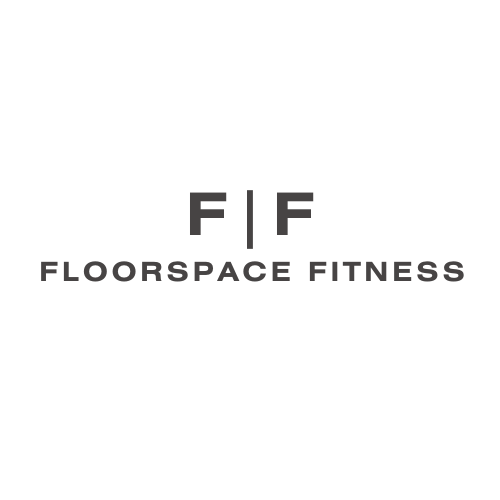
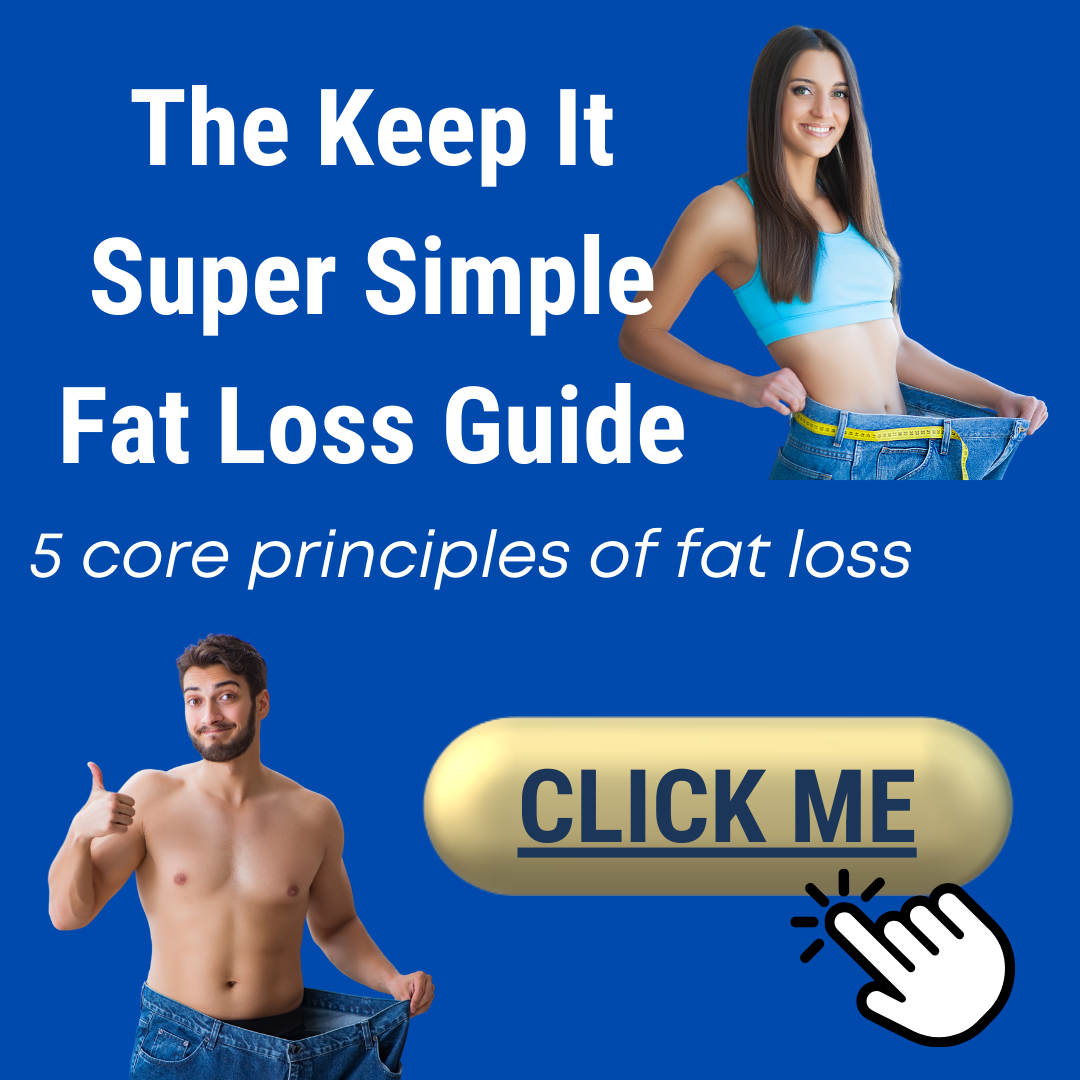
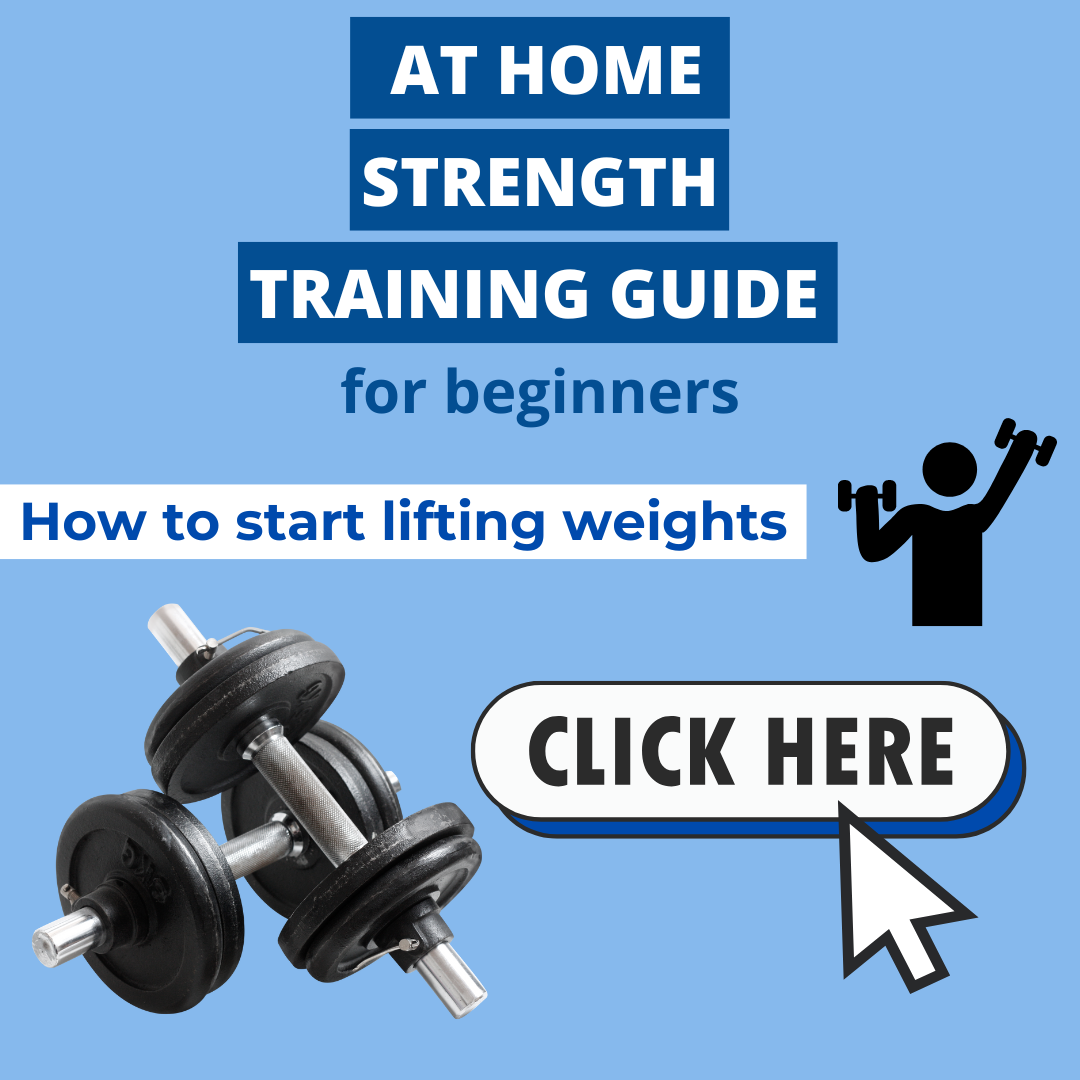
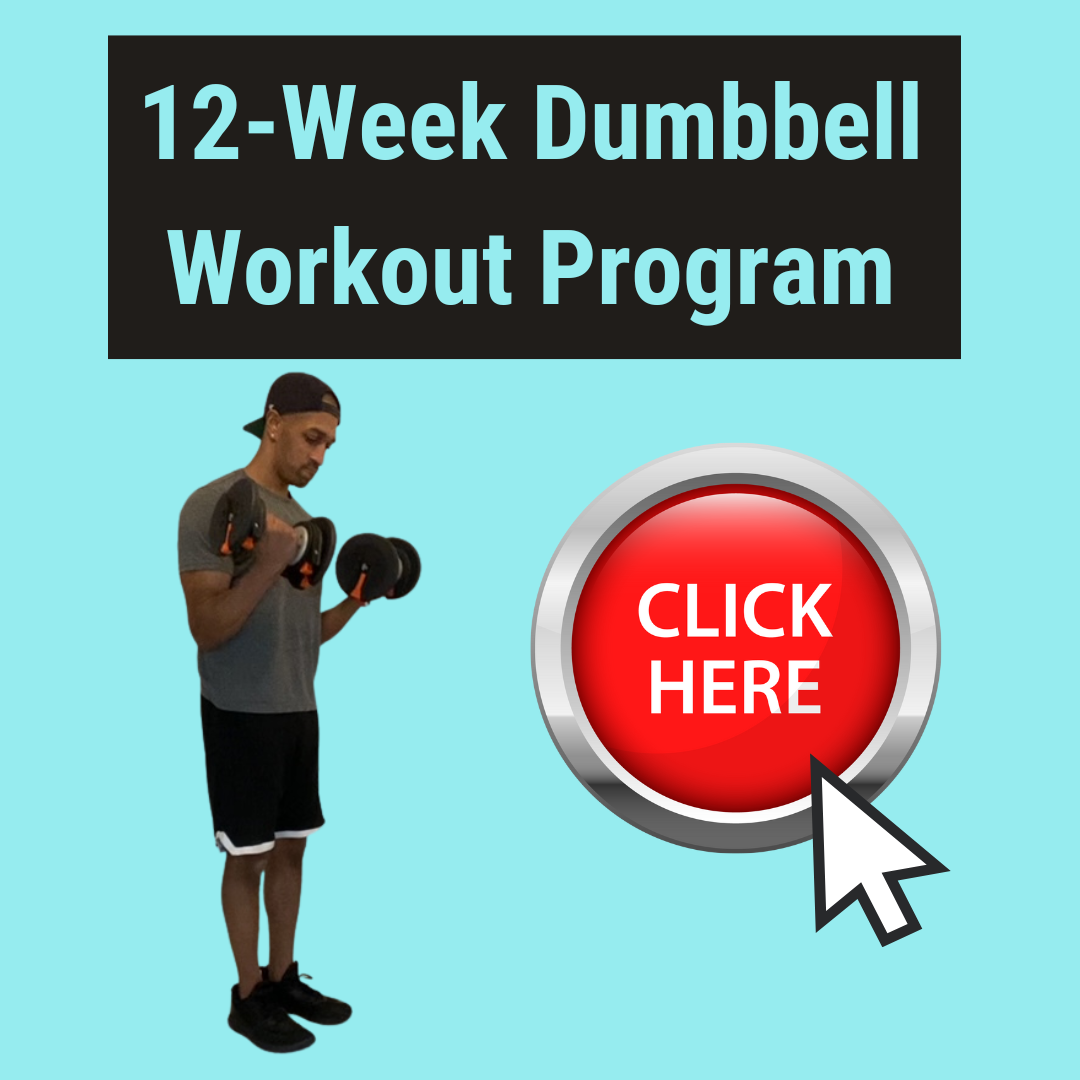
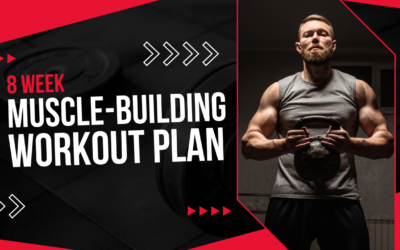
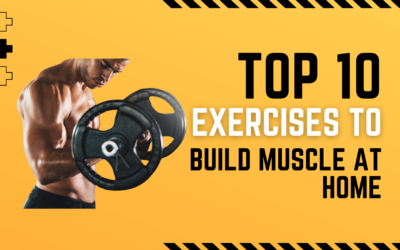
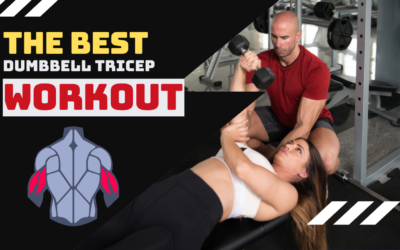
0 Comments